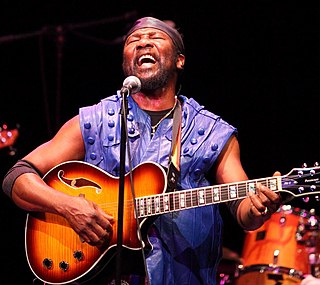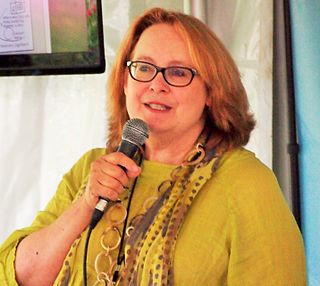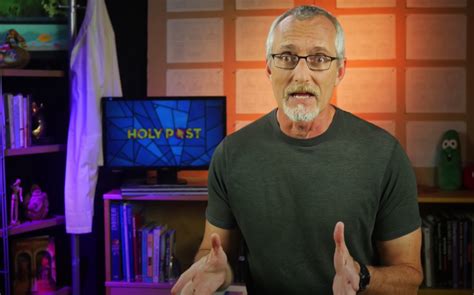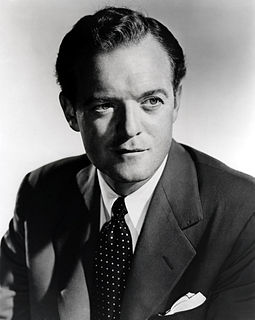A Quote by Ursula K. Le Guin
The notion that a story has a message assumes that it can be reduced to a few abstract words, neatly summarized in a school or college examination paper or a brisk critical review.
Related Quotes
Reggae is a message of consolation; a message of salvation. The youth are going to the school and they have to listen to the words. The parents have to listen to the words. God has to listen to the words. So, we have to make it positive. If you sing nursery rhymes, it is nothing. You just blow up tomorrow, and the record dies at the same time. But if you give positive words, that song lives forever.
I remember one occasion when I tried to add a little seasoning to a review, but I wasn't allowed to. The paper was by Dorothy Maharam, and it was a perfectly sound contribution to abstract measure theory. The domains of the underlying measures were not sets but elements of more general Boolean algebras, and their range consisted not of positive numbers but of certain abstract equivalence classes. My proposed first sentence was: "The author discusses valueless measures in pointless spaces."
Ordinarily logic is divided into the examination of ideas, judgments, arguments, and methods. The two latter are generally reduced to judgments, that is, arguments are reduced to apodictic judgments that such and such conclusions follow from such and such premises, and method is reduced to judgments that prescribe the procedure that should be followed in the search for truth.
The abstract, especially in those rough sketches, is very important to me, perhaps because of my advertising background, where layout is so important. Sometimes those first few lines cut the paper into such satisfying shapes that I don't want to go on, but I always do, adding nostrils and nipples and bootstraps until I have filled the paper up as usual.
The production of knowledge in schools today is instrumental, wedded to objective outcomes, privatized, and is largely geared to produce consuming subjects. The organizational structures that make such knowledge possible enact serious costs on any viable notion of critical education and critical pedagogy. Teachers are deskilled, largely reduced to teaching for the test, business culture organizes the governance structures of schooling, knowledge is viewed as a commodity, and students are treated reductively as both consumers and workers.
There is no such thing as educational value in the abstract. The notion that some subjects and methods and that acquaintance with certain facts and truths possess educational value in and of themselves is the reason why traditional education reduced the material of education so largely to a diet of predigested materials.
Of course, even the general designation 'religious' includes various basic ideas or convictions, for example, the indestructibility of the soul, the eternity of its existence, the existence of a higher being, etc. But all these ideas, regardless of how convincing they may be for the individual, are submitted to the critical examination of this individual and hence to a fluctuating affirmation or negation until emotional divination or knowledge assumes the binding force of apodictic faith.
We can conceive a thinking being to have either many or few perceptions. Suppose the mind to be reduced even below the life of anoyster. Suppose it to have only one perception, as of thirst or hunger. Consider it in that situation. Do you conceive any thing but merely that perception? Have you any notion of self or substance? If not, the addition of other perceptions can never give you that notion.
The life of a thinking man will probably be divided into two parts -- the first in which he desires to exterminate modern thinkers, and the second in which he desires to watch them exterminating each other. ... Suppose, for instance, there is an old story and a new skeptic who is skeptical of the story. We have only to wait a little while for a yet newer skeptic who is skeptical of the skeptic. He will probably find the old notion actually a help in his new notion. This process is an abstract truth applying to anything, apart from agreement or disagreement.
Telling the complete story of VeggieTales would require much more time than we have before us tonight. Since this is Yale, I decided to craft a shorter version of the story, using very large words. Remembering though that I was kicked out of Bible College before I'd had a chance to learn many very large words, I concluded that my only remaining option was to tell the story simply, using simple words, and chance the consequences.







































